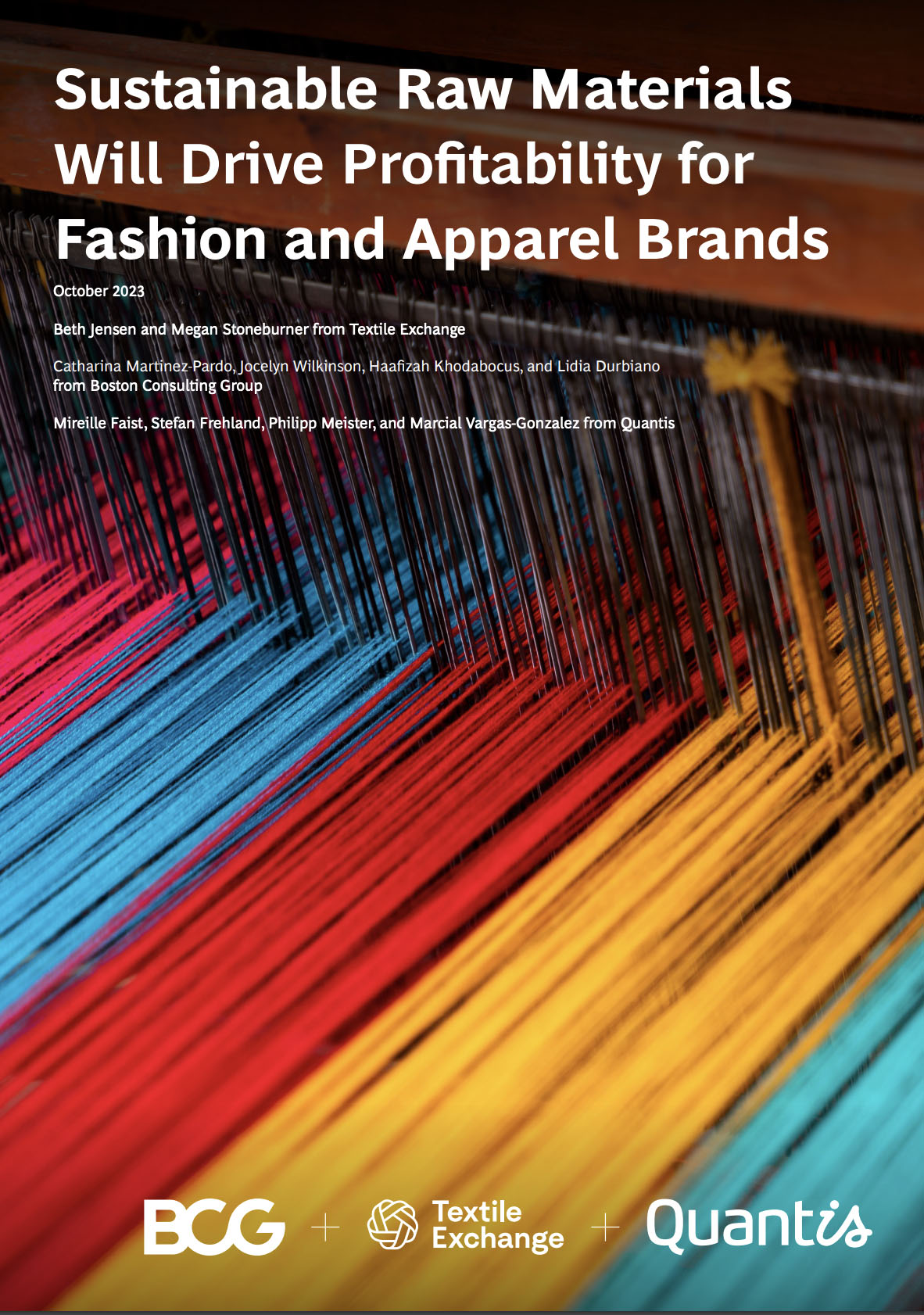Raw materials make fashion and apparel brands. And can break them.
In the face of the climate crisis, a rapidly changing policy landscape and intensifying investor and consumer scrutiny, brands can no longer afford to underinvest in their raw materials strategies.
Raw materials can make up as much as two-thirds of a fashion and apparel brand’s climate impact. Taking bold action now to secure access to sustainable raw materials is essential for brands to drive down carbon emissions and prepare for the dozens of upcoming sustainability-linked regulations expected to go into effect around the world in the next few years.
Without proper investment, the demand for low-climate-impact (“preferred”) raw materials will likely exceed supply by as much as 133 million tons by 2030. Setting and putting sustainable raw materials strategies into immediate practice promises to pay off; brands that move quickly to close the sustainable raw-materials gap can seize an average net profit increase of 6% over a five-year period.
A joint initiative of Quantis, Boston Consulting Group (BCG) and Textile Exchange, this publication offers a perspective on the challenges and opportunities for fashion and apparel brands as they transition to low-climate-impact raw materials to enable compliance with upcoming regulations and to meet scope 3 climate targets.
Our assessment focuses on the top five raw materials that together account for the largest GHG footprint in the industry: cotton, wool, bovine leather, manmade cellulosic fibers (MMCFs) and synthetic materials.
To provide an informed analysis, we conducted interviews with experts, gathered data and insights, developed business models and created a Materials Manifesto comprising six principles to guide brands in future-proofing their materials strategy.
This report provides a valuable resource for fashion and apparel brands seeking to establish robust strategies in relation to sustainable raw materials in a fast-evolving context.
Access the report

